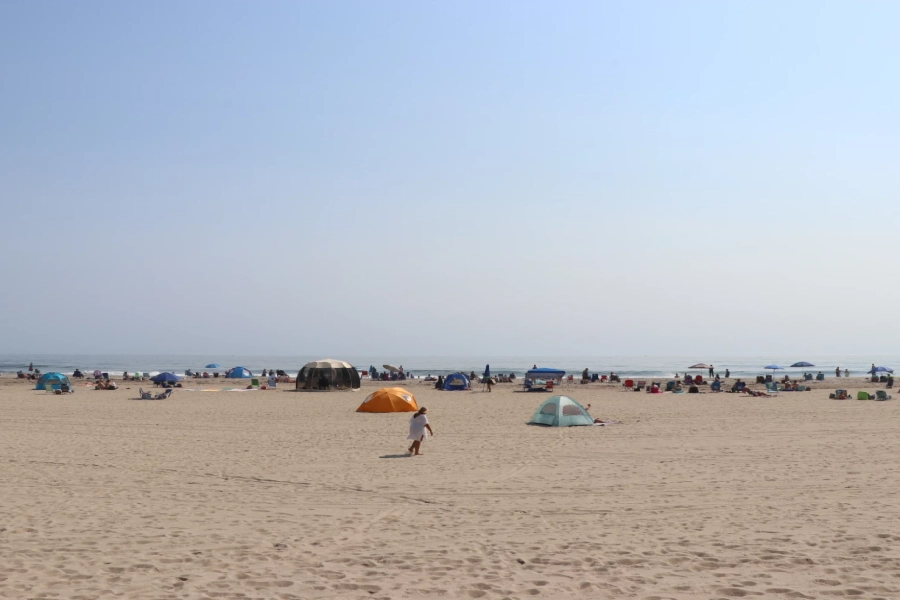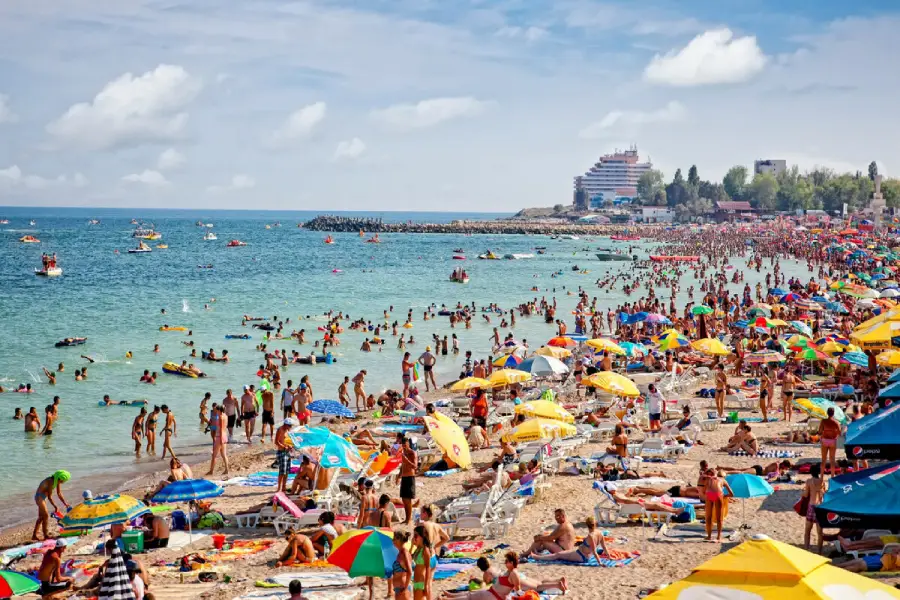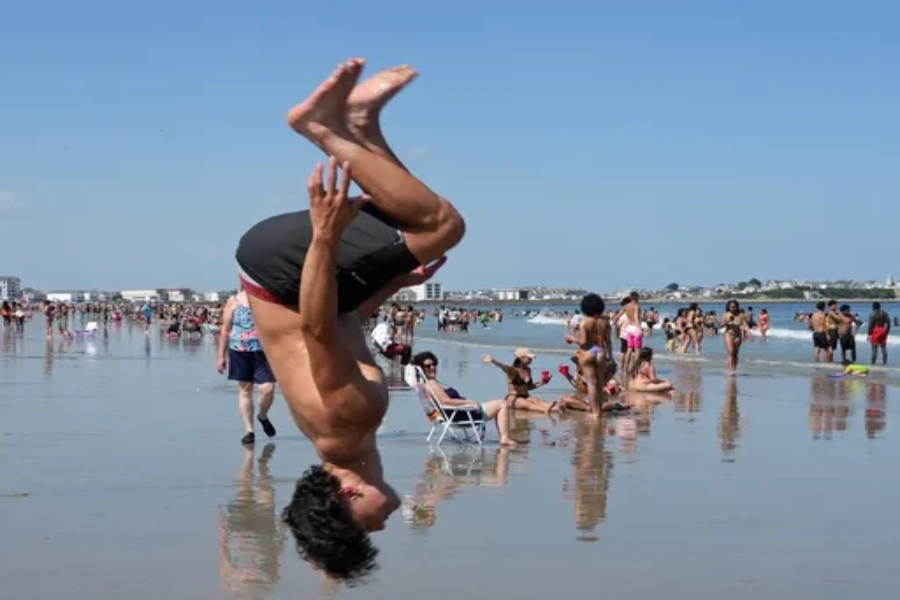Hampton Beach, New Hampshire’s iconic summer destination, recently experienced two gunfire incidents in June. In response, local officials have dramatically upgraded public safety measures ahead of the Independence Day celebrations. This comprehensive legal and operational review explores how Hampton Beach is addressing security concerns, managing liability, complying with regulations, coordinating law enforcement, and balancing public rights under current constitutional standards. The central SEO target is Hampton Beach—anchored in relevant search terms like “July 4 security,” “beach public safety,” “law enforcement coordination,” “traffic management,” and “liability risk in public events.”

June Gunfire at Hampton Beach: Catalysts for Change
Incident Details
Two separate shooting incidents occurred on Hampton Beach in June:
-
June 5: Gunfire erupted near Ocean Boulevard and G Street. Authorities reported nobody injured following swift arrests. One suspect, lawfully carrying a firearm, was charged with weapons violations.
-
June 24: A drive‑by shooting wounded three individuals. Police engaged in a high‑speed pursuit, resulting in the suspect’s arrest. Victims were not critically injured.
These incidents marked a disturbing departure from Hampton Beach’s typically peaceful summers and triggered an immediate legal obligation for enhanced public safety interventions based on tort law duty of care.
Heightened Security Measures for July 4
With approximately 130,000 to 150,000 visitors expected over the July 4 holiday, officials have enacted multiple layers of safety protocols:
1. Law Enforcement Coordination
-
Local police, sheriff’s deputies, and state troopers will conduct visible patrols along the beach and Ocean Boulevard.
-
Units include motorcycles, cruise vehicles, and foot patrols.
-
Tactical response teams are on standby for rapid deployment.
This multi-agency approach both increases crowd safety and demonstrates compliance with public safety standards outlined in New Hampshire statutes.
2. Traffic Flow and Crowd Control
To address congestion, the town has implemented:
-
Preplanned traffic routing and exit strategies using water-filled barrels and clear signage.
-
Digital message boards relaying direct routing instructions.
-
Coordination with Seabrook, NH, and Salisbury, MA police for regional traffic control.
Adherence to these measures supports municipal liability protection under special event risk management principles.
3. Fire, EMS, and Lifeguard Enhancements
-
Fire Chief McMahon confirms fully staffed ambulances and quick-response ladder trucks and engines available throughout the weekend.
-
Lifeguards reinforce beach safety, patrolling chest-depth waters, and advising swimmers on rip-current risks and safe swimming zones.
These health and safety protocols reduce negligence exposure in the event of water-related incidents.
4. Regulatory Compliance
-
Fireworks are banned on and near the beach. State law and local ordinances permit enforcement of these restrictions.
-
Open containers of alcohol are prohibited.
-
Regulations are applied uniformly, limiting scope for First Amendment or due process challenges.

Legal Frameworks and Liability Assessment
Duty of Care in Public Spaces
-
Municipalities like Hampton have a recognized obligation to protect visitors from foreseeable harm.
-
The June shootings made crime prevention legally mandated.
-
Visible patrolling, emergency readiness, and crowd control document actionable duty satisfaction.
Constitutional Limits
Hampton’s safety measures must balance with constitutional rights:
-
First Amendment assembly rights remain intact as long as restrictions are content-neutral and justified by safety concerns.
-
Fourth Amendment principles are observed by maintaining open areas and limiting searches to probable-cause scenarios.
-
Equal protection concerns are mitigated by applying rules uniformly across visitors and demographic groups.
Regulatory Compliance
-
Enforcement of fireworks and alcohol bans is justified under local and state laws.
-
Traffic interventions follow standards for municipal event management.
-
Law enforcement coordination aligns with federal Highway Safety grant conditions, supporting program compliance and funding use.
Criminal Prosecution and Accountability
-
The June gunfire cases have led to criminal charges. Those arrested for firearm offenses will face prosecution under New Hampshire’s criminal code.
-
Public statements and swift apprehension support prosecutorial efforts and encourage public trust.
Rights, Risks, and Overreach Concerns
Possible Civil Rights Risks
Though increased enforcement might raise concerns, no evidence indicates mistreatment or discrimination. Clear, lawful messaging reduces the likelihood of civil actions.
Fourth Amendment Analysis
Temporary physical controls—like barricades and checkpoints—comply with reasonable public-safety standards when clearly marked and non-intrusive.
Liability Insurance and Special Event Planning
-
Insurers typically require documented risk-management plans for large public events.
-
Hampton Beach’s multilevel safety measures satisfy most risk criteria.
-
Still, any negligence causing injury may prompt litigation if protocols prove insufficient or misapplied.
Lessons in Public Safety Governance
1. Multi-Agency Preparedness
Coordination among local police, state troopers, fire and EMS, and lifeguard teams proves vital in reducing response times and managing complex event dynamics.
2. Crowd Flow Efficiency
Structured traffic coordination with neighboring jurisdictions ensures smoother ingress and egress, cutting congestion and minimizing crash risk.
3. Proactive Public Communication
Regular alerts about banned items, ocean conditions, and safety protocols build public confidence and compliance.
4. Consistent Regulatory Enforcement
Neutrally applied bans on fireworks and alcohol, backed by visible signage and officer presence, effectively deter violations and uphold fairness.
Conclusion
Hampton Beach’s comprehensive response to the June shootings demonstrates a responsible approach to public safety. Enhanced law enforcement, traffic management, emergency services, lifeguard coordination, and neutral regulations collectively satisfy legal obligations and reduce liability while respecting civil rights.
This preparedness reassures visitors that July 4 celebrations will be both festive and secure. As the holiday weekend approaches, Hampton Beach stands as an example of legally sound, operationally effective, and community-conscious event planning.
FAQs
1. Is Hampton Beach safe this July 4?
Yes. Following two June shootings, authorities have increased police presence, traffic controls, EMS readiness, and beach patrols.
2. What led to the security upgrades at Hampton Beach?
Two separate shootings in early and late June prompted emergency safety measures, including tactical units and multi-agency coordination.
3. Are fireworks allowed on Hampton Beach for July 4?
No. Both state law and local regulations strictly ban fireworks on the beach and surrounding areas.
4. Can I bring alcohol to Hampton Beach during the holiday weekend?
No. Open containers are prohibited under beach regulations and enforced uniformly by law enforcement.
5. Will police stop and search visitors at Hampton Beach?
No. Patrols focus on visible safety enforcement. Searches require probable cause under Fourth Amendment protections.
6. How is traffic being managed near Hampton Beach?
Traffic flow is regulated via rerouting strategies, water-barrier patterns, message boards, and coordination with Seabrook and Salisbury police.
7. What should swimmers know about ocean safety?
Lifeguards are on patrol; swim in chest-depth zones, consult ocean conditions, and heed warnings about rip currents.
8. Could Hampton Beach face legal trouble if someone is hurt?
Unlikely. The town’s documented safety protocol, rapid medical response, and signage significantly reduce legal liability.

